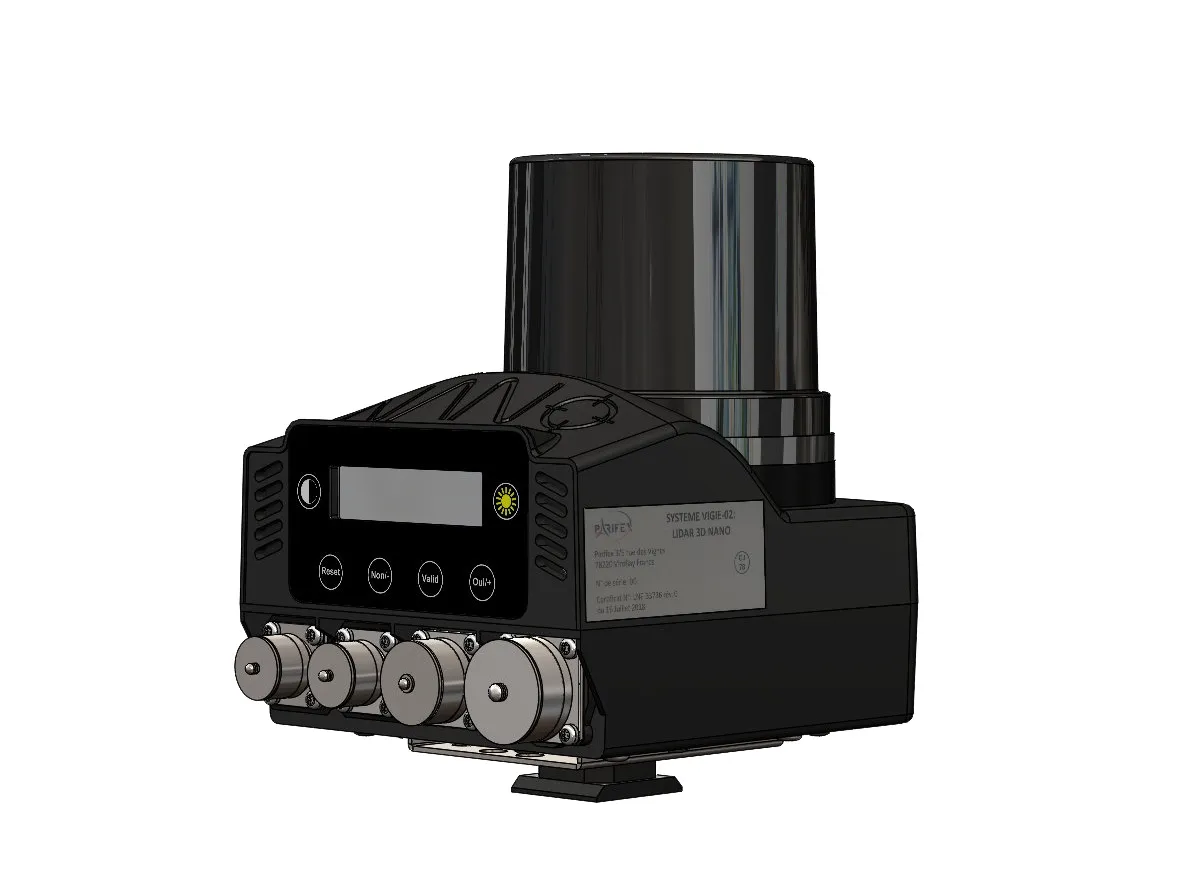UK-based
Roke demonstrated how, by using vision processing, the captured data could be used to provide a precise 3D reconstruction following a road incident. Roke believes it is set to offer insurers, drivers and even autonomous vehicle manufacturers, independent evidence of what happened and will not just lead to safer vehicles but also help to build public trust in driverless vehicles.
According to Dr James Revell, consultant engineer at Roke, the technology uses computer vision algorithms to enable the precise position and orientation of any vehicle - car, bike, lorry or autonomous vehicle. This allows for near-perfect 3D reconstruction of any accident to be created even if the vehicle loses complete control.
UK researchers developing 3D 'black box' technology for vehicles
UK-based Roke Manor Research (Roke) has developed, with the help of funding from Innovate UK, what it says is the world's first viable 3D 'black box' technology for vehicles, using a single dashboard camera.
August 10, 2016
Read time: 1 min










